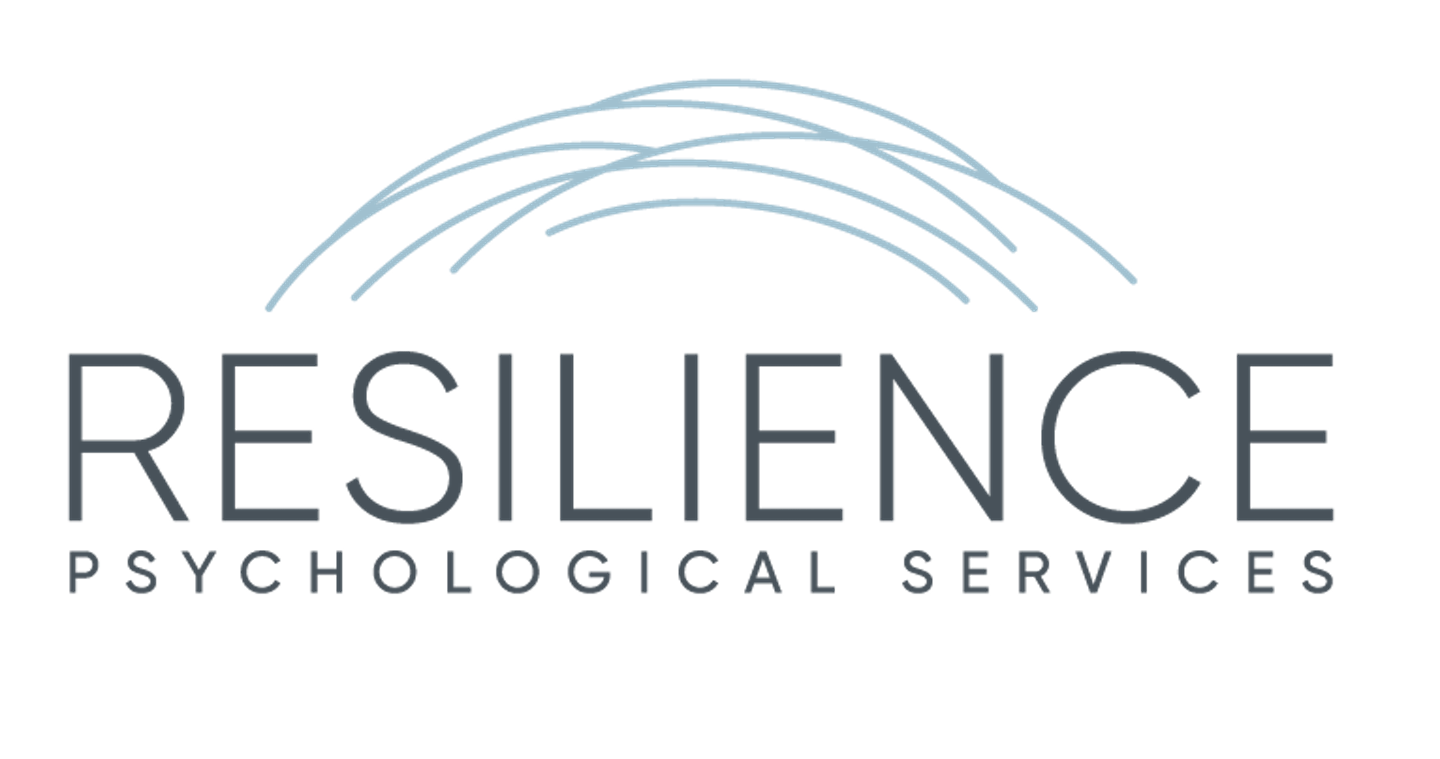WHAT IS SOCIAL ANXIETY?
Social anxiety, also known as social phobia, can make everyday interactions feel overwhelming. Whether it’s fear of judgment, rejection, or embarrassment, individuals with social anxiety often experience intense discomfort in social situations. This can lead to avoidance of gatherings, trouble speaking up at work or school, fear of public speaking, and a constant worry about how others perceive you.
While these situations are challenging for many people, those with social anxiety may feel extreme fear, leading to avoidance or distress that impacts their ability to enjoy life and connect with others. Social anxiety doesn’t just impact your social life—it can also affect your career, relationships, and overall well-being.
Social anxiety is characterized by a persistent fear of social or performance situations where you may be exposed to scrutiny by others. This can lead to physical symptoms such as sweating, trembling, rapid heartbeat, or nausea. The fear of being judged or rejected becomes so intense that it interferes with daily functioning.
How We Can Help
At Resilience, we specialize in helping individuals manage and overcome social anxiety. Therapy provides a safe, non-judgmental space where you can explore your fears, understand the underlying causes of your anxiety, and develop tools to manage it effectively. Our therapists use evidence-based approaches like Cognitive Behavioral Therapy (CBT) to help reframe negative thought patterns and gradually face and reduce fears.
Over time, therapy can help you regain control, improve social interactions, and lead a more fulfilling life.
If you are struggling with social anxiety, know that you are not alone. With the right support, it’s possible to manage and overcome social anxiety, allowing you to engage with others more freely and confidently. Contact us for a free consultation and take the first step toward regaining your social confidence.
Common Triggers
People with social anxiety may struggle in various situations, including:
Attending parties or social events
Eating or drinking in front of others
Engaging in group activities or discussions
Job interviews or workplace meetings
Meeting new people
Public speaking
COMMON EXPERIENCES
Avoiding social or work situations
Difficulty initiating or maintaining conversations
Fear of judgment or rejection
Low self-confidence or feelings of inadequacy
Physical symptoms of anxiety, such as sweating, trembling, blushing, or nausea
Trouble speaking up in groups or public settings



